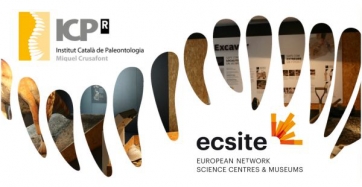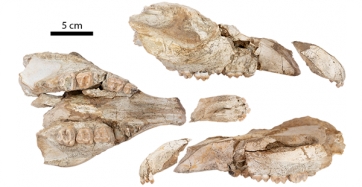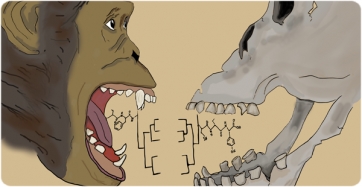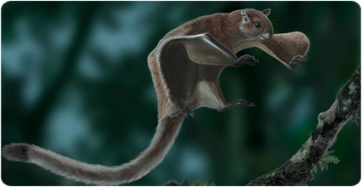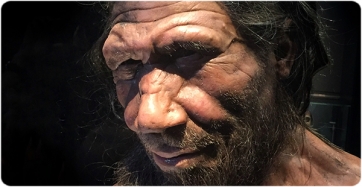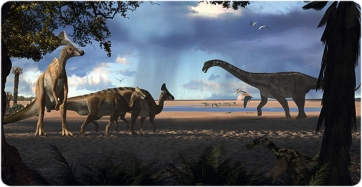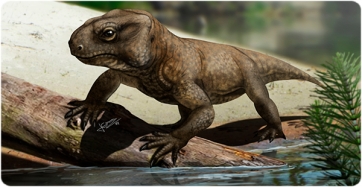ICP News
The recent description of tetraconodont pig remains from the Late Miocene of Sant Quirze confirms the distinctiveness of a species described more than a hundred years ago, which had remained unnoticed until recently. The study shows the uncertain kinship relationships with other species of tetraconodontine suids from the Miocene of…
The ICP participates in the American Association of Biological Anthropologists meeting
28 Mar 2025
71 times
This March, researchers from the ICP presented their latest studies on primate evolution and morphology at the annual conference of the American Association of Biological Anthropologists (AABA), with a special highlight on Dr. Júlia Arias-Martorell’s participation in a symposium held in honor of anthropologist Terry Harrison.
An international team led by Eudald Mujal and Rainer Schoch presents a comprehensive review of Triassic terrestrial tetrapods in the Central European Basin. The study, published in Earth-Science Reviews, analyzes fossil skeletal remains and footprints to reconstruct the faunas, paleoenvironments, and ecology of this crucial period. The research reveals a…
Aquí tens la traducció al anglès, mantenint el format original i sense traduir el nom de l'Institut Català de Paleontologia Miquel Crusafont: ```html The Institut Català de Paleontologia Miquel Crusafont (ICP) officially joined Ecsite, the European network of science centers and museums, this February. This strategic membership connects the ICP…
A recent article describes new fossil remains of the tapirs that inhabited the Vallès during the Late Miocene (11–9 million years ago), including a juvenile cranium recovered thanks to the paleontological surveillance of construction works in Sabadell. These remains attest to the persistence of densely forested and humid environments throughout…
New study evaluates the phylogenetic potential of ancient tooth enamel proteins
04 Mar 2025
127 times
A new study led by researchers from the Institut de Biologia Evolutiva (IBE, CSIC-UPF) and the Institut Català de Paleontologia Miquel Crusafont (ICP) has evaluated the potential of ancient tooth enamel proteins for phylogenetic analysis. The study, recently published in the journal Genome Biology and Evolution, explores the extent to…
A long glide: Fossil discovery unveils Eurasian giant flying squirrel in North America
25 Feb 2025
297 times
An international team of researchers has uncovered new evidence of giant flying squirrels in North America during the Early Pliocene, expanding the understanding of these fascinating creatures' evolutionary history and ancient distribution. The study published in the Journal of Mammalian Evolution describes a new fossil specimen from Tennessee dating back…
New research on the inner ear morphology of Neanderthals and their ancestors challenges the widely accepted theory that Neanderthals originated after an evolutionary event that implied the loss of part of their genetic diversity. The findings, based on fossil samples from Atapuerca (Spain) and Krapina (Croatia), as well as from…
Sea or mountains: What did the Pyrenean dinosaurs prefer during the Cretaceous?
04 Feb 2025
101 times
Researchers from the Institut Català de Paleontologia Miquel Crusafont (ICP-CERCA) and the Conca Dellà Museum have published a pioneering study on the habitat preferences of dinosaurs in southwestern Europe during the last 10 million years before their extinction, 66 million years ago. Published in the international journal Swiss Journal of…
Researchers from the Institut Català de Paleontologia Miquel Crusafont (ICP-CERCA) have analyzed various fossil dental remains revealing a surprising and previously unknown diversity of terrestrial vertebrate communities in Middle Triassic ecosystems (approximately 242 to 245 million years ago) in the Montseny region. The study describes a new reptile species unknown…




